If these look familiar, it's because they are also the seven stages of grief.
1. Shock and Denial.
Let's say, for instance, that you ask your child a question and they simply stare back at you blankly. You ask it again, but are met with the same response. Because you want to believe your child is good, you assume they must not have heard you, perhaps because they have peas stuck in their ears. You make your request yet again, only this time loudly enough to remove any doubt. Nothing.
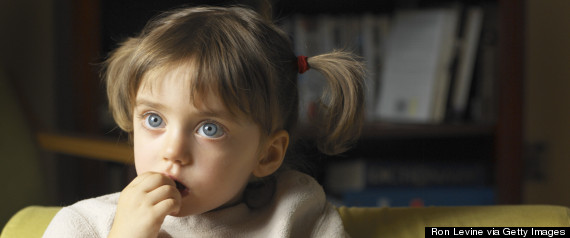
2. Pain and Guilt.
The parent realizes the child hasn't listened and, in fact, might be actively ignoring them. It hurts deeply, but, in the end, the parent understands that something they've done has caused their child to behave this way.
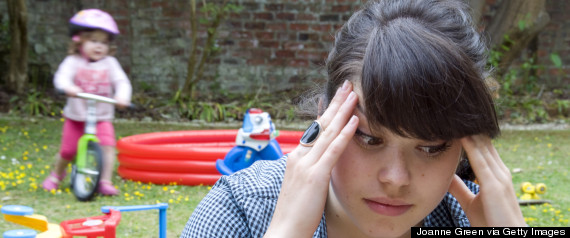
3. Anger and Bargaining.
In the face of pain and guilt over what they believe to be an increasingly dysfunctional relationship, frustration begins bubbling to the surface. It's a completely natural reaction in this stage for the parent to become angry and sometimes yell at the child. The child might cry or return the angry yell, at which point the parent returns briefly to the guilt stage. Because of this, the parent will apologize and bribe the child to stop crying.
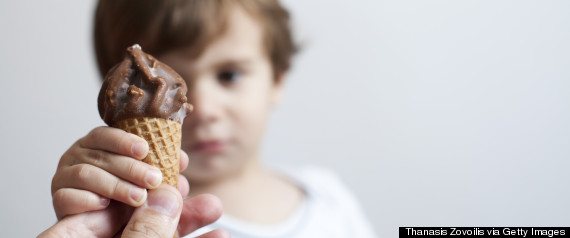
4. Depression, Reflection, and Loneliness.
Regardless of the outcome, the parent will experience some sadness over how the situation was handled. Thinking back, they understand this is a bad pattern and an overwhelming sense of doubt about their parenting skills sets in. When the child naps, or goes off to school, the parent is left alone realizing that someday that same child will be leaving for college.

5. The Upward Turn.
"Next time I will handle this differently. They grow up too fast to spend so much time struggling with them over stupid stuff." This is a very common thought at this stage. A new energy is directed toward improving the future. The parent/child relationship appears to be headed in a more positive direction. Familial bliss has returned, and the future seems ripe with family vacations filled with laughter and cuddling.
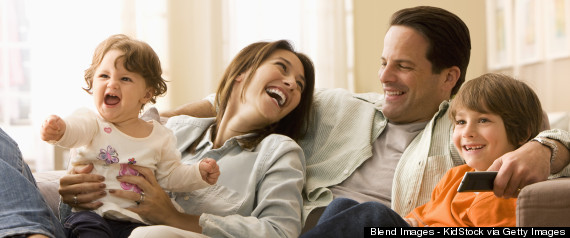
6. Reconstruction and Working Through.
With everyone so happy, the parent does all they can to ensure things stay that way. The parent might attempt to set up systems through which rewards are given for good behavior. The child seems excited about this new game. A new kind of relationship arises, and both parties express their commitment to it.
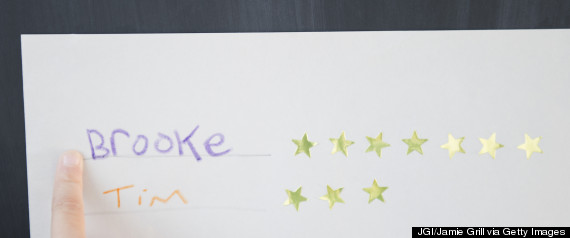
7. Acceptance and Hope.
Things are different now. Both parent and child are aware of this. It wasn't ideal for either of them, but each recognizes the change is necessary if harmony is to be maintained. After only a few days, however, this new structure begins to crumble, and the entire process must begin again. The parent hopes the stages will be different this time, but they almost never are. They once again are shocked and enter a state of denial when the child appears to have unlearned all the lessons of the previous few days. All the parent can do is try again, and believe that eventually harmony will stick around.

Excerpted from Jason Good's new book, This is Ridiculous This is Amazing.
 Like Us On Facebook |
Like Us On Facebook |
 Follow Us On Twitter |
Follow Us On Twitter |
![]() Contact HuffPost Parents
Contact HuffPost Parents
Also on HuffPost:
